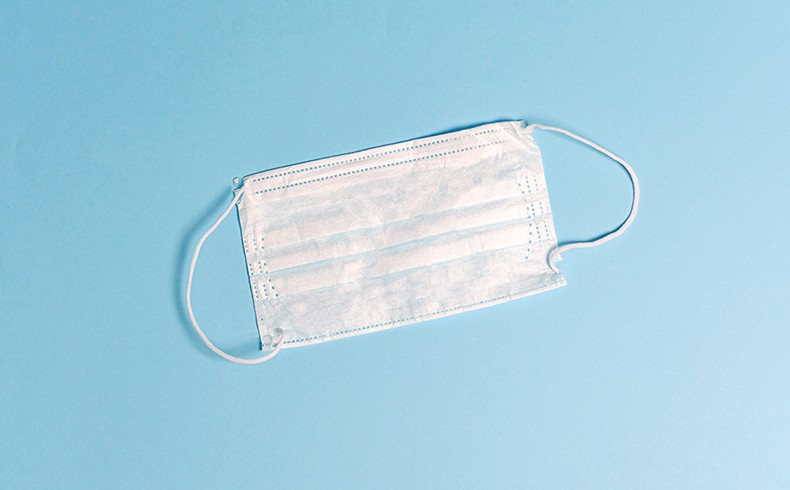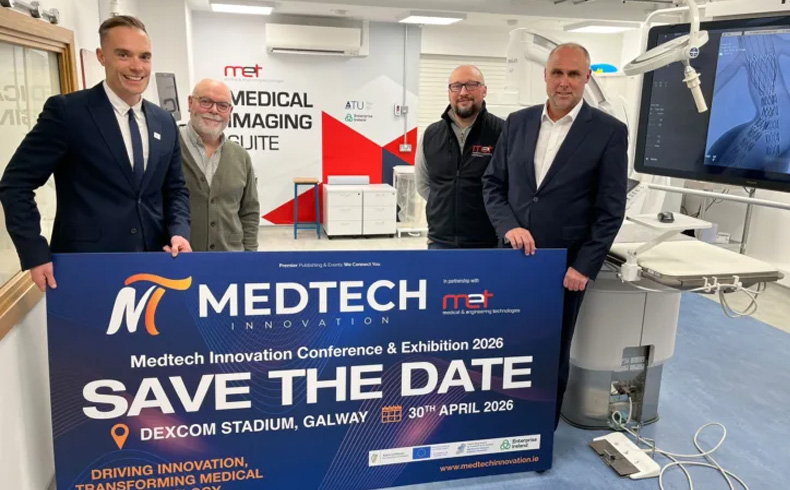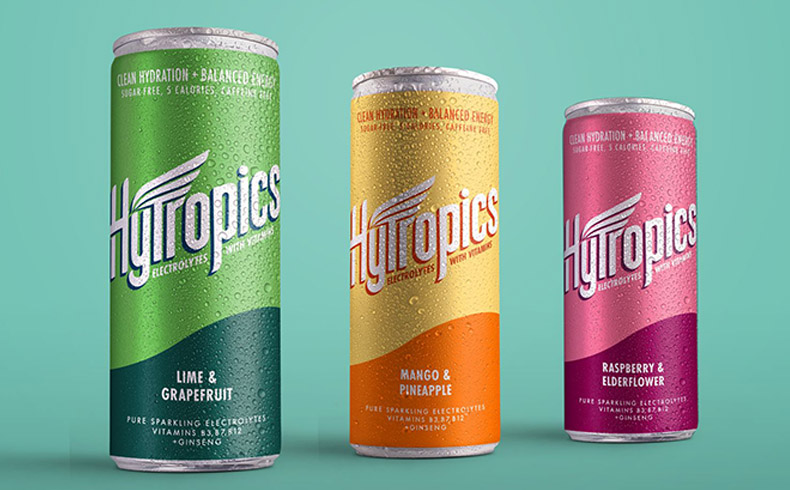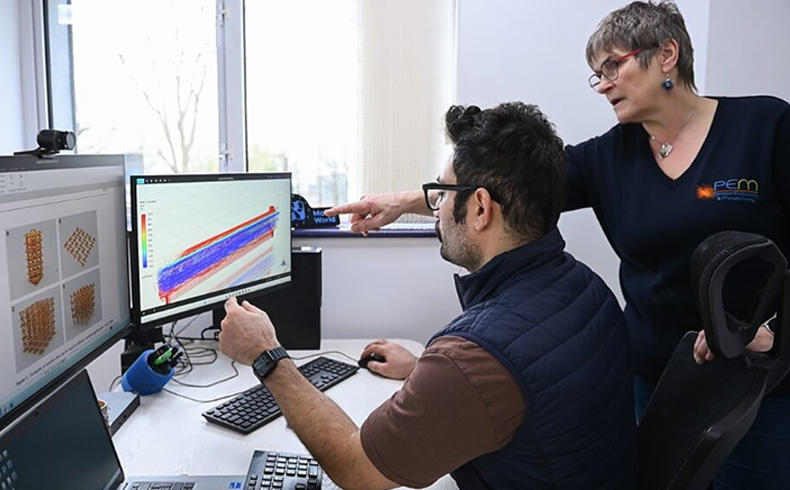The Centre for Advanced Photonics and Process Analysis (CAPPA) is delighted to announce they are part of the Cork Institute of Technology Team to receive funding from Science Foundation Ireland (SFI) for research into barrier masks to tackle the ongoing COVID – 19 pandemic. This is one of 41 projects funded under the SFI led COVID – 19 Rapid Response Research and Innovation Programme. CIT and CAPPA staff have already conducted initial research on the effectiveness of barrier masks in conjunction with the National Standards Authority of Ireland (NSAI). As a result of this work were then appointed part of the Irish Delegation for the European Committee for Standardization (CEN).
The project titled MASK focuses on Making Aerosol Safety Known. The aim of the project is to quantitatively determine how well commonly available face – mask materials supress the transmission of exhaled droplets. Given that the reproduction rate of COVID-19 is linearly related to both the efficacy of a mask and the percentage of a population wearing masks, a small change in either makes a large change in disease transmission rates. It is therefore critical that large-scale mask usage, will involve optimally suppressive materials that are comfortable to wear for extended periods, can be produced in large quantities and are re-usable and inexpensive. Importantly such masks will not negatively affect medical supplies.
The project will use imaging techniques to directly measure the range of droplet sizes that penetrate the materials under examination. This direct imaging approach improves upon many other studies and is capable of single – droplet detection and sizing from at least the five-micron threshold level and with no physiologically significant upper threshold. The project approach will measure the brightness of each droplet exhaled by participants through face masks composed of different materials as they pass through a light curtain generated by a laser. Using high-speed photon-counting imagers and a photometry reduction pipeline, previously developed for an astrophysics context, the team will be able to deal with overlapping and non-spherical point sources and extend the dynamic range of brightness’s which can be analysed. By repeating the experiment for different materials, we will rapidly obtain an accurate estimate of the differential absorption of these materials as a function of droplet volume.
This research involves a multidisciplinary approach and brings together researchers from a variety of research departments in Cork Institute of Technology including the Centre for Advanced Photonics and Process Analysis (CAPPA), Blackrock Castle Observatory (BCO) BioExplore Research Centre and the MEDIC Design Group. Andor Technologies, Belfast, are sponsoring a state-of-the-art high-speed imaging camera, continuing a long association with BCO and CAPPA. Dr Niall Smith, CIT Head of Research and Head of BCO who is leading the project says, “The team are delighted to take a technique developed at the Blackrock Castle Observatory to measure the brightness of stars with ultra-high-precision and apply it to a completely new domain. This is an excellent example of a transfer of knowledge originally developed to improve our fundamental understanding of our universe to a practical understanding of the effectiveness of different mask materials and designs. The results will be useful not only during COVID-19 but also to assist with suppressing other airborne transmitted diseases. The project is truly multidisciplinary, involving astrophysicists, physicists, optical engineers, designers and biological scientists. It has an aggressive timeline, which should quickly add to the current body of knowledge regarding mask efficacy.”
You can learn more about the research CAPPA has conducted around COVID – 19 here or you can contact CAPPA directly here for more information.
This post was originally published on the CAPPA website.



